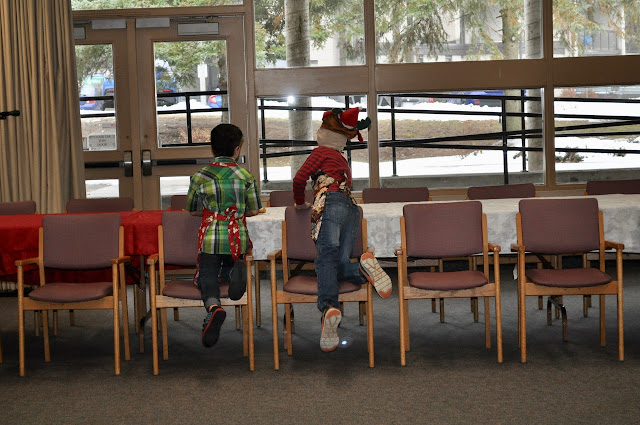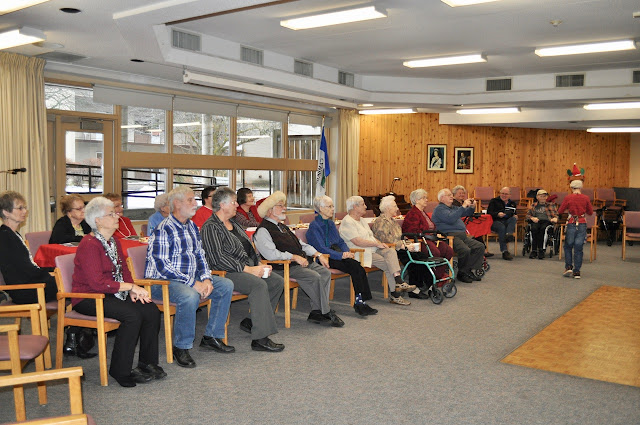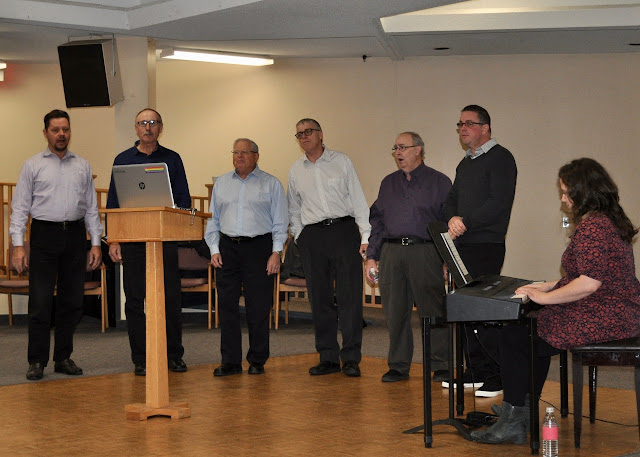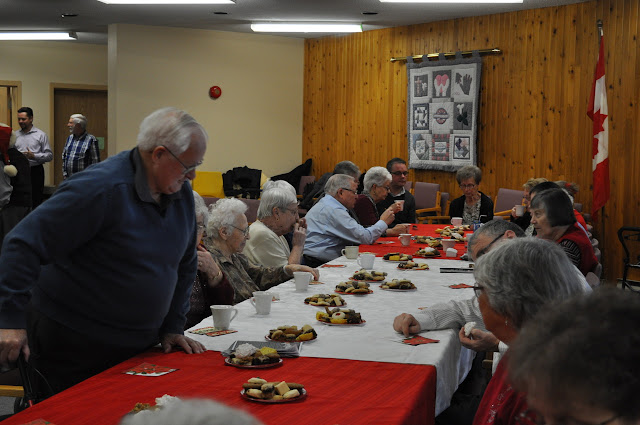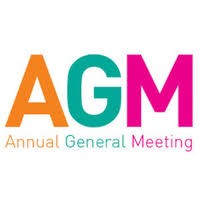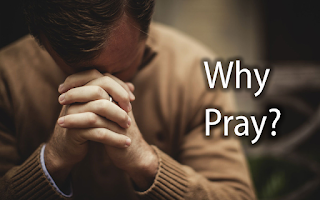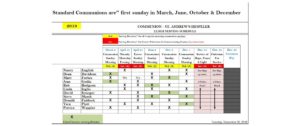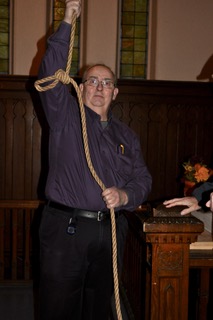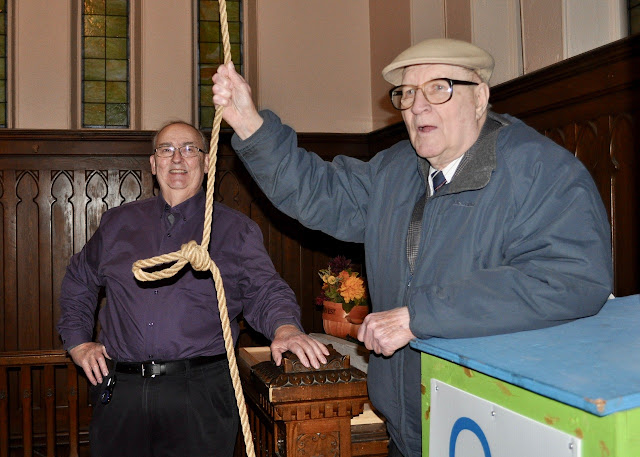The Transform Conference in Orillia Ontario was intended to be about just that: transformation. Some useful tools were offered but the point in coming together was not to get more tools that you might use to enhance your ministry. Stories of church growth and development were told and shared, but the point in coming together was not to take an incremental step in church size or programming.
The goal was transformation and that is a pretty ambitious goal when you think about it. If such a goal were to be fully realized, wouldn’t everyone have to go home as completely different people than the ones who came? Wouldn’t they have to return to churches that were soon radically different from the churches they left?
Well, I don’t think that that is what happened during our gathering, but I do think that the seeds of true transformation were offered and if those seeds are well tended, real transformation is possible.
Our keynote speaker, Dr. Grace Ji-Sun Kim, offered us a series of practices that could lead to transformation. Now, in some ways, that is not really anything new. I don’t know how many times I have been given a series of practices by an author or a speaker that the church ought to employ. Some of those lists have been helpful and useful, but I cannot really see that I have seen transformation come out of them.
Dr. Kim’s list is not necessarily hugely different from some others that I have seen and I can’t really say whether or not hers is the best or most exhaustive list. What is important about her approach is that she sees a sequence to them. You need to start with a particular practice and cannot successfully move on to the next one until you have entered into the first to a sufficient degree.
There seems to be a lot of wisdom in this approach, especially because the first practice that she begins with is lament – lament that is then followed by repentance and relinquishing power. I believe that she is right and one of the things that truly prevents our churches from being transformed into the image of Christ is our inadequate practice of lament.
Healing and Reconciling with Indigenous People
Let me give you one example that struck me hard during our time together.
I was blown away, yet again, by the depth of pain and suffering in the indigenous communities that are served by our church. One afternoon I had the privilege of participating in a First Nations healing circle and the pain that was expressed there was almost too much to listen to at times. I can’t imagine how people can live with it – broken down in mind, body and spirit. It was a true and deep experience of lament for those present in the circle.
I could not help but wonder why complete healing and reconciliation is so elusive, given such real pain and lamentation. In particular, why do we as settler people of European ancestry, struggle so much with being able to repent of past and present injustices and with letting go of certain power dynamics. What is lacking?
Well, Dr. Kim seems to be saying that, if we are having trouble with repentance and relinquishing power, it may be because there has not been sufficient lamentation.
But how could that be the problem? Canada’s Indigenous people have been lamenting their losses in various ways for about five centuries!
Ah, but that is just the point, what is lacking isn’t their lamentation but ours.
Our lamentation? What do we have to lament?! We had it great, we got the land, we got to be in charge and we received almost all of the benefits from the relationship between Indigenous people and settlers.
But we have to recognize that, for us even to begin the walk towards healing and reconciliation, it means giving up so many of those privileges and benefits that we have taken for granted for so very long. That is a loss – a real loss – and I don’t think we can properly process that loss without lamentation.
The problem is that most of that, most of what we enjoyed, was sinful in some way. We may not have realized it at the time, of course, but a lot of it was based on attitudes and ways of thinking that were just wrong and even evil.
And it just seems wrong to lament the loss of something that is evil. Isn’t that like former addicts lamenting the loss of that feeling of the “high” that the drugs gave them? So I think that, for this reason, we avoid such lamentation and maybe even try and pretend that we haven’t lost anything at all.
And that might just be our problem – we don’t lament, don’t acknowledge the loss, and so cannot move on to the next step in true healing and reconciliation. So here I go again. I will attempt to compose a lament for my people, the settler folk:
O God, it was so sweet. We sailed into this place and right away we were able to take charge.
We brought our own concepts and ideas about things
like who could own the land and how.
Our ideas won out.
We got to set up everything in ways that were comfortable for us.
We got what we wanted: land, government, customs.
We didn’t really even have to think about what others were losing in order for that to happen.
But that wasn't the best part; do you know what the best part was?
We got to feel all virtuous about it.
We were saving them.
We were civilizing them.
We knew what was best for them.
And, yes, it was a lie, often an abominable lie. It was often only too obvious that it was, but we could believe it and believing it felt good – really good.
Any story you can tell yourself where you are the hero and obviously better than the others always feels good.
But God,
It's not working anymore.
The lie ran into evidence, into reality and into people who were strong enough to stand up and object. We can't tell ourselves the fantasy anymore because deep down we know it is not true.
And we hate it. We don't think it is fair. It is like you have abandoned us, God, because we don't know how to be your people without enjoying special privileges.
We're mad, and it is getting in the way of us moving forward.
Yet you are God. In Christ, you have shown us how powerful it is
to empty oneself
to consider the needs of others as more important than our own
to love.
If you are with us, maybe we can let it go.
